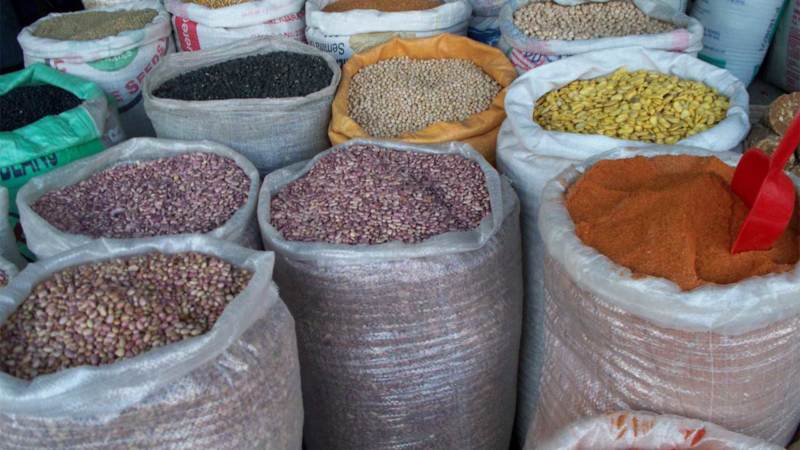The International Committee of the Red Cross (ICRC) has raised alarm over a worsening food crisis in northeastern Nigeria, revealing that more than 3.7 million people in the conflict-ridden region are currently facing severe food insecurity.
According to a press statement issued on Monday in Abuja and reported by the News Agency of Nigeria (NAN), ICRC spokesperson Aliyu Dawobe said the crisis is affecting large numbers of people, including former self-reliant farmers who have lost access to their land due to prolonged conflict.
“The ongoing violence has displaced thousands of families, restricted access to arable land, and disrupted traditional food supply systems,” the ICRC noted, highlighting the region's growing vulnerability.
With the onset of the annual lean season, when food stocks are traditionally low and market prices surge, affected households are experiencing heightened hardship.
“This is the period when families must begin buying food, but many conflict-affected households simply can’t afford it. They’re forced to drastically limit their intake,” said Diana Japaridze, Head of the ICRC sub-delegation in Maiduguri.
Japaridze warned that malnutrition rates are rising, particularly among children under five, pregnant women, and nursing mothers. To address the situation, the ICRC is supporting malnutrition stabilization centres and conducting community education programmes aimed at improving child nutrition and care.
To tackle the root causes of food insecurity, the ICRC has launched an agricultural support initiative targeting both rainy and dry season farming. The programme aims to strengthen local resilience and boost food production in vulnerable communities.
“This year alone, more than 21,000 farming households have received seeds suited to local conditions, along with tools to ease labour and improve planting efficiency,” Japaridze said.
The aid package includes staple and vegetable seeds such as rice, maize, tomato, and okra, selected to enhance dietary diversity and nutritional value. Additionally, the ICRC is offering training in sustainable farming techniques to ensure long-term food security even after its direct support ends.
As part of broader systemic support, the ICRC, in collaboration with the National Agricultural Seed Council (NASC), has also repaired a critical water source to sustain seed testing and greenhouse operations at the council’s facilities.
Despite these interventions, the lean season continues to pose significant challenges, particularly for displaced or low-income farming families who remain unable to meet their food needs without assistance.


